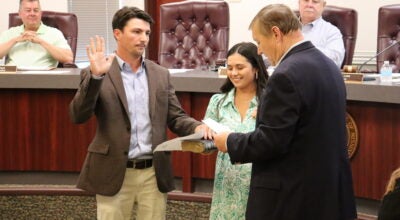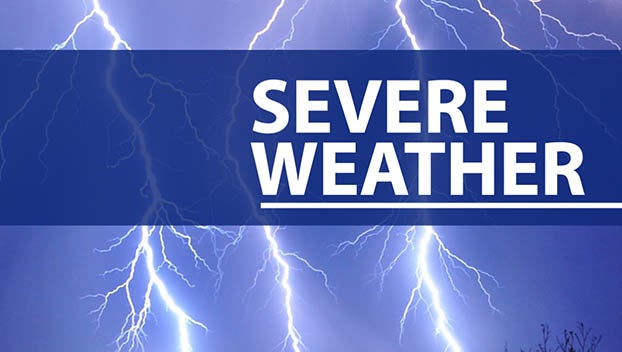City replacing lines
Published 7:00 am Tuesday, April 1, 2014
Replacement of cast iron natural gas lines is set to begin this week, and will involve removing about five miles of the aging infrastructure.
This project will remove all of the cast iron natural gas lines within Picayune, most of which are near Goodyear Boulevard and Beech Street, and replace them with high density polyethylene pipes, said City Engineer Brooks Wallace.
The project will involve four sections of the city where cast iron lines are known to exist, Public Works Director Eric Morris said.
The first phase of the project will entail replacing six-inch cast iron lines from the main regulator station on Palestine Road west towards Beech Street, then north along Beech to the old Arizona Chemicals Building, said Public Works Director Eric Morris.
A four-inch cast iron line that runs from the intersection of Clark Street and Palestine north up to the Arizona Chemical Building will also be replaced.
A four-inch cast iron line from Seventh Avenue west to Walker Street will be part of the second phase of work, Morris said.
The third phase will involve replacement of cast iron lines along all of the avenues in the central downtown area, including from Third Avenue south to Eighth Avenue and east to Norwood Street. Morris said this section also includes some areas that branch off from the main line in the areas.
The fourth phase of the work will take place along South Blanks Avenue from the intersection of East Canal Street down to Warren Street.
In all, about 5 miles of cast iron natural gas lines will be replaced, involving lines that were installed as far back as the 1950s, Morris said.
A lot of preparation went into the project, including preparing for the unexpected. In a worst-case scenario, crews may end up finding more of the cast iron lines than is planned.
“It is possible we could find cast iron we didn’t know existed,” Morris said.
At the last council meeting, a change order increasing the cost of the project by $8,160 in order to install regulator test points on all of the meters involved in the replacement project was approved. Wallace said even with the change in price, the project’s expense would not exceed the bond amount of $1.7 million.
Wallace said the only time a street will be damaged during this project is if a tie-in point lies under the asphalt. All lines will be installed through a bore process to avoid street damage.
This work is required because of new Public Service Commission regulations. The city also has steel natural gas lines, but those types of lines are acceptable under current PSC regulations. Wallace estimates only about 10 percent of the gas lines are steel.
Morris said he hopes the removal of the cast iron lines and installation of the regulator test points will help rectify the 30 percent loss of natural gas the city is experiencing.
Installing test ports at each home where the cast iron lines are being replaced will help city employees determine if customers are receiving too much or not enough natural gas. By using the test ports, city employees can use instruments to detect if the home is receiving the proper amount. Typically, gas lines lose the proper adjustment when a new appliance is installed in a home. Morris said at times the plumber will have to make changes to the connection so the appliance operates properly, however those adjustments will cause the meter to read inaccurately. This can lead to the customer receiving more or less natural gas than they are paying for.
The test ports will allow for adjustments without the need to discontinue service or relight a pilot light.
Morris hopes to install test ports at every connection on the natural gas system at some point in the future.
Notice to proceed with the project will be issued today, and Morris expects the project to be complete by December of this year.




